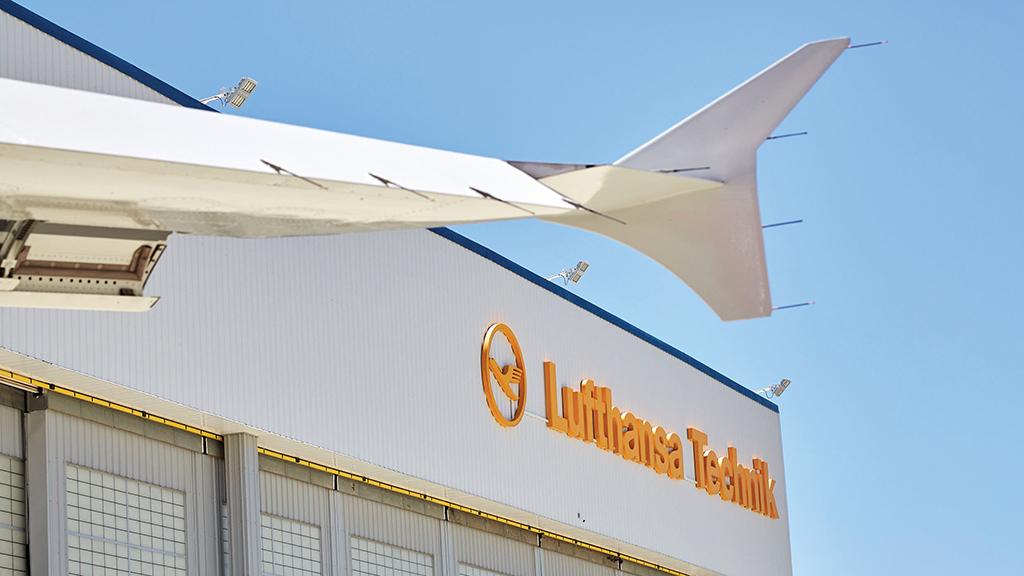
Wouldn’t it be nice to know what future interest rates will be, what next year’s economic health will look like and what the market will need? As businesses weigh their priorities against future unknowns, it might help to consider the following.
Larry Culp said it was clear two things had to happen when he became chairman and CEO of General Electric in 2018: “One, the deleveraging had to be priority [No.] 1, and we really had to drive operational transformation to drive results and, in time, culture. It was that simple and that hard, right?”
GE is on the other side of $100 billion of debt reduction. It spun off GE HealthCare on Jan. 4 and plans to spin off energy unit GE Vernova in 2024.
Speaking to a handful of journalists at GE’s Investor Day on March 9, Culp said there is ample evidence that the operational turnaround is underway and the businesses are strong. Yet he said: “As proud as I am of what we’re doing . . . we’re nowhere close to what we’re capable of.” He sees further potential for transformation, in part regarding its lean activities.
Its lean efforts are paying off in several ways, including with suppliers. “We haven’t always been the best in signaling to our supply base,” Culp said, so a lot of the lean work has focused on “what we call pull,” he notes. “We’re trying to signal that which we need—nothing more, nothing less. And that’s a big change for us.”
Working with suppliers to ensure they have the right capacity—so GE can receive the parts it needs when it needs them—is a key initiative.
Like the engine OEM, Delta Tech-Ops’ transformation has been considerable in recent years. It opened a Rolls-Royce Trent engine shop in 2018 and unveiled a Pratt & Whitney geared turbofan overhaul facility in February to modernize its capabilities and set it up for future growth. It plans to start industrializing CFM Leap capability late this year or early next year as well.
Don Mitacek, senior vice president of Delta TechOps and president of Delta Technical Services Group, discusses the ramp-up as well as supply chain challenges in this month’s Airline Insight (MRO 10). While he sees some supply chain issues starting to ease, he says this year he does not “see any real silver bullet that suggests ‘normal’—what I would consider the 2019 level.”
Meanwhile, Delta continues to “assertively develop new repairs” and aggressively seek used material in the marketplace. “We’re good at that,” he says.
Another business transformation to watch is Lufthansa Technik (LHT), which is considering selling a minority stake. At a March 7 briefing, CEO Soeren Stark said the MRO is looking for a second shareholder with “complementary capabilities” and could announce a partner as early as midyear.
He said LHT aims to expand, particularly in the Americas and Asia-Pacific, with aspirations to achieve market share there similar to what it has in Europe and to expand vertically—most likely in components and engines. Check out our MRO podcast on the potential sale.
While I can’t predict what the leading economic factors will be next year, I expect lots of component and engine aftermarket news in 2023.
